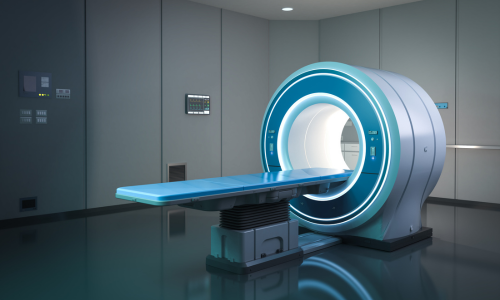
Digital X-rays have revolutionized the field of diagnostic imaging, offering numerous advantages over traditional film-based X-rays. These benefits include improved image quality, faster results, and reduced radiation exposure, making them an essential tool in modern healthcare.
One of the most significant benefits of digital X-rays is the enhanced image quality they provide. Digital X-rays produce clearer and more detailed images, allowing healthcare providers to make more accurate diagnoses. The high-resolution images can be easily adjusted for brightness and contrast, making it easier to detect even the smallest abnormalities.
Another advantage of digital X-rays is the speed at which results are available. Unlike traditional X-rays, which require time for film development, digital X-rays produce images almost instantly. This quick turnaround time can be crucial in emergency situations, where rapid diagnosis and treatment are necessary. Additionally, digital images can be easily stored and shared electronically, facilitating collaboration among healthcare providers.
Digital X-rays also expose patients to lower levels of radiation compared to traditional X-rays. This reduction in radiation exposure is particularly important for patients who require frequent imaging, such as those with chronic conditions or undergoing cancer treatment. Lower radiation doses minimize the risk of potential long-term side effects, making digital X-rays a safer option for patients.
Furthermore, digital X-rays are more environmentally friendly than their traditional counterparts. Traditional X-ray film and the chemicals used in its development generate waste that can be harmful to the environment. Digital X-rays eliminate the need for film and chemicals, reducing the environmental impact of diagnostic imaging. In conclusion, digital X-rays offer numerous benefits, including improved image quality, faster results, reduced radiation exposure, and a lower environmental impact. These advantages make digital X-rays an essential tool in modern healthcare, helping to improve diagnostic accuracy and patient outcomes.





